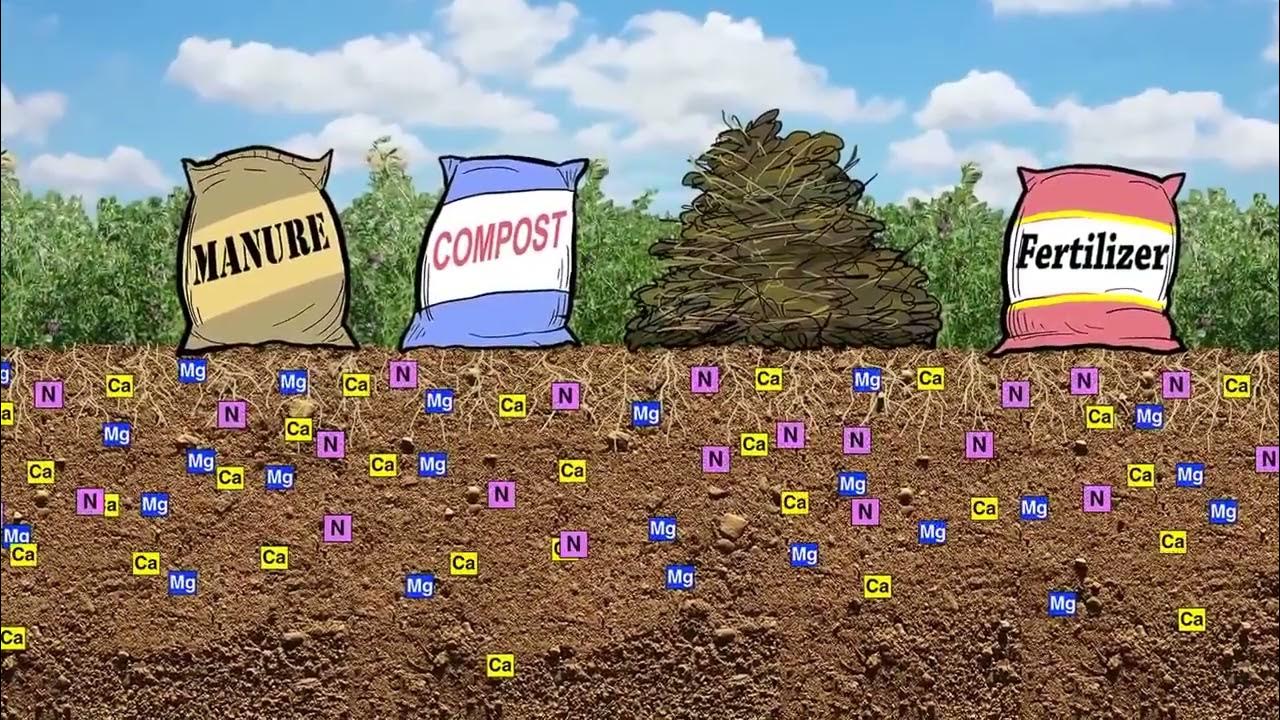Nutrition and Life Stages
Summary
TLDRAs we age, our bodies require different nutrients to stay healthy. Children need more protein, carbohydrates, and calcium for growth and energy, while older adults require fewer carbs and careful attention to fat and sodium intake. Protein supports healing, and vitamins like A, C, and D maintain overall health. Nutrient needs vary throughout life, with particular focus on calcium for bone health and omega-3 fats for development during pregnancy. A healthy diet, particularly in childhood, lays the foundation for maintaining strength and vitality into old age, making good nutrition essential at every stage of life.
Takeaways
- 😀 Our bodies change as we age, and so do our nutritional needs.
- 😀 Children require more energy and nutrients to support their growth, including protein for body repair and carbohydrates for energy.
- 😀 Carbohydrates with fiber are essential for maintaining gut and bowel health.
- 😀 As we grow older, we need less energy, meaning fewer carbohydrates in our diet.
- 😀 Between the ages of 4 and 11, children need lots of protein for growth and starchy carbohydrates for energy.
- 😀 Protein helps children heal cuts and scratches from their active play and energy expenditure.
- 😀 Fat is an important part of our diet, but excessive consumption can lead to obesity and cardiovascular disease, especially from saturated fats.
- 😀 Calcium is vital for healthy teeth and bones, particularly for children aged 8-12 years who are building peak bone mass.
- 😀 Iron, vitamins C, A, and D are necessary for a strong immune system and overall health.
- 😀 Sodium should be consumed in moderation, especially for older people, as too much can increase the risk of high blood pressure.
- 😀 Pregnant women need to focus on proper nutrition to support both their own health and their baby's development, including omega-3 fats, folate, and calcium.
Q & A
Why do children's nutritional needs differ from those of older adults?
-Children expend more energy due to rapid growth and development, requiring specific nutrients to support their physical and cognitive development. In contrast, older adults require fewer calories and different nutrients as their bodies have slowed down in terms of growth and energy expenditure.
How does protein contribute to the body’s functions?
-Protein helps in maintaining and repairing body tissues. In children, it aids in growth, while in adults, it supports muscle repair and overall tissue maintenance.
What is the role of carbohydrates in the body?
-Carbohydrates are the primary source of energy for the body. They also provide fiber, which is crucial for digestive health and helps maintain a healthy gut.
Why should children avoid sugary carbohydrates?
-Sugary carbohydrates can lead to rapid spikes in blood sugar and contribute to unhealthy weight gain. Instead, children should consume starchy carbohydrates, which provide a more stable and lasting energy source.
At what age do children need the most protein for growth and development?
-Between the ages of 4 and 11, children require a significant amount of protein to aid in growth, repair tissues, and support their rapidly developing bodies.
What health risks are associated with consuming too much fat?
-Excessive fat intake, particularly saturated fat, can lead to obesity and increase the risk of cardiovascular diseases such as heart disease and stroke.
How does calcium affect bone health, and when is it most important?
-Calcium is crucial for building and maintaining strong bones and teeth. It is especially important between the ages of 8 and 12 when children are achieving peak bone mass.
What is the role of vitamin C, A, and D in the body?
-Vitamin C supports the immune system and helps with wound healing. Vitamin A contributes to healthy vision and skin, while vitamin D is essential for calcium absorption and bone health.
How does sodium affect fluid balance in the body?
-Sodium helps regulate fluid balance, which is important for children. However, older adults should monitor their sodium intake as excessive amounts can contribute to high blood pressure and other cardiovascular issues.
Why is proper nutrition important during pregnancy?
-Nutrition is vital during pregnancy because a mother's diet directly impacts the baby’s development. Nutrients like omega-3 fatty acids, folate, and calcium are crucial for the baby's brain development and bone health.
Outlines

此内容仅限付费用户访问。 请升级后访问。
立即升级Mindmap

此内容仅限付费用户访问。 请升级后访问。
立即升级Keywords

此内容仅限付费用户访问。 请升级后访问。
立即升级Highlights

此内容仅限付费用户访问。 请升级后访问。
立即升级Transcripts

此内容仅限付费用户访问。 请升级后访问。
立即升级5.0 / 5 (0 votes)






